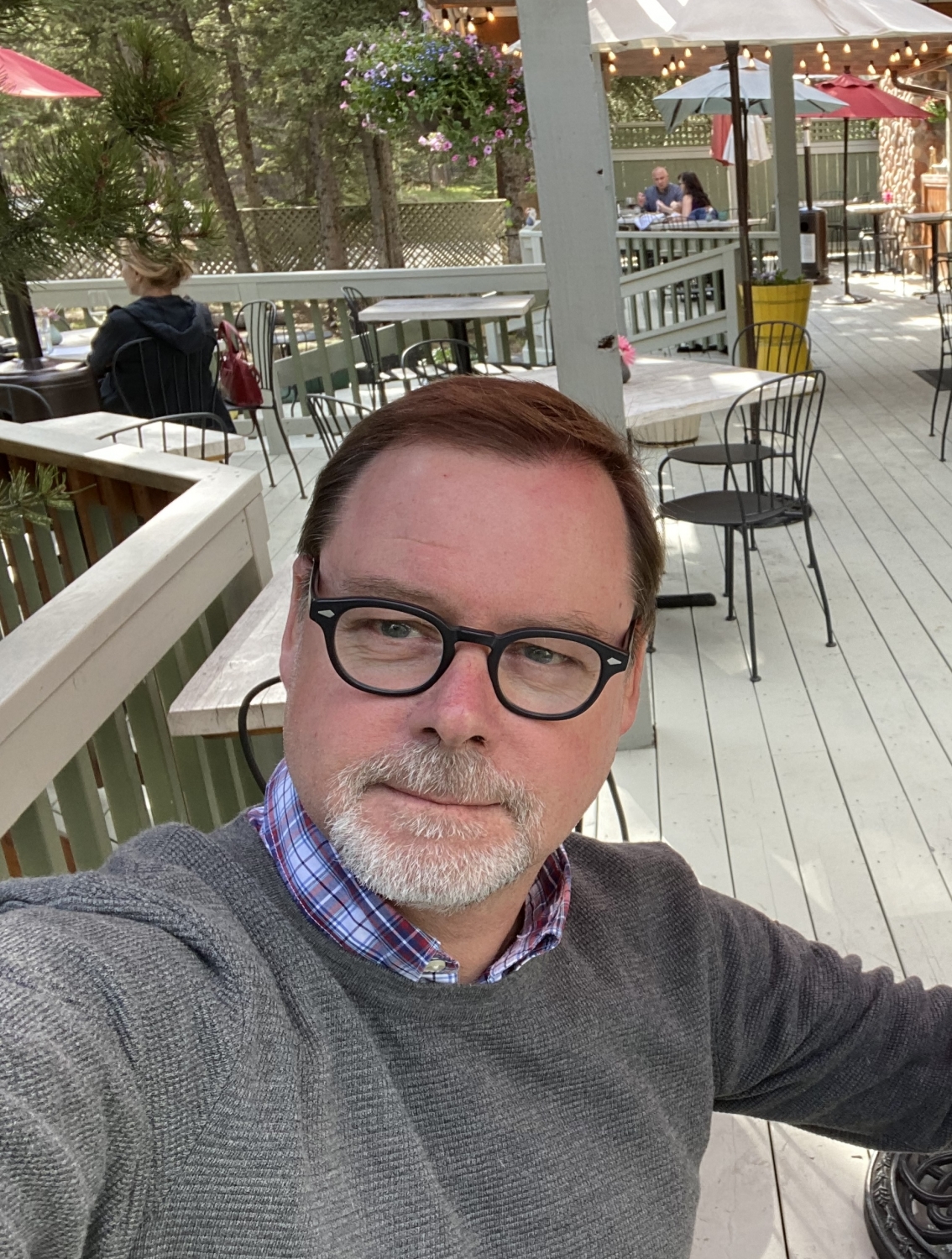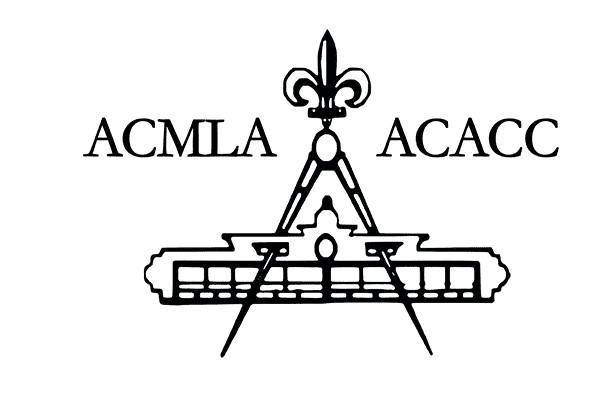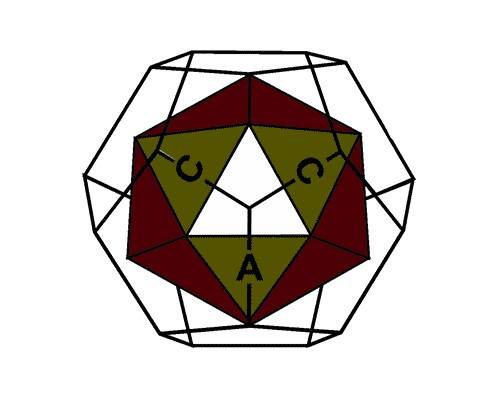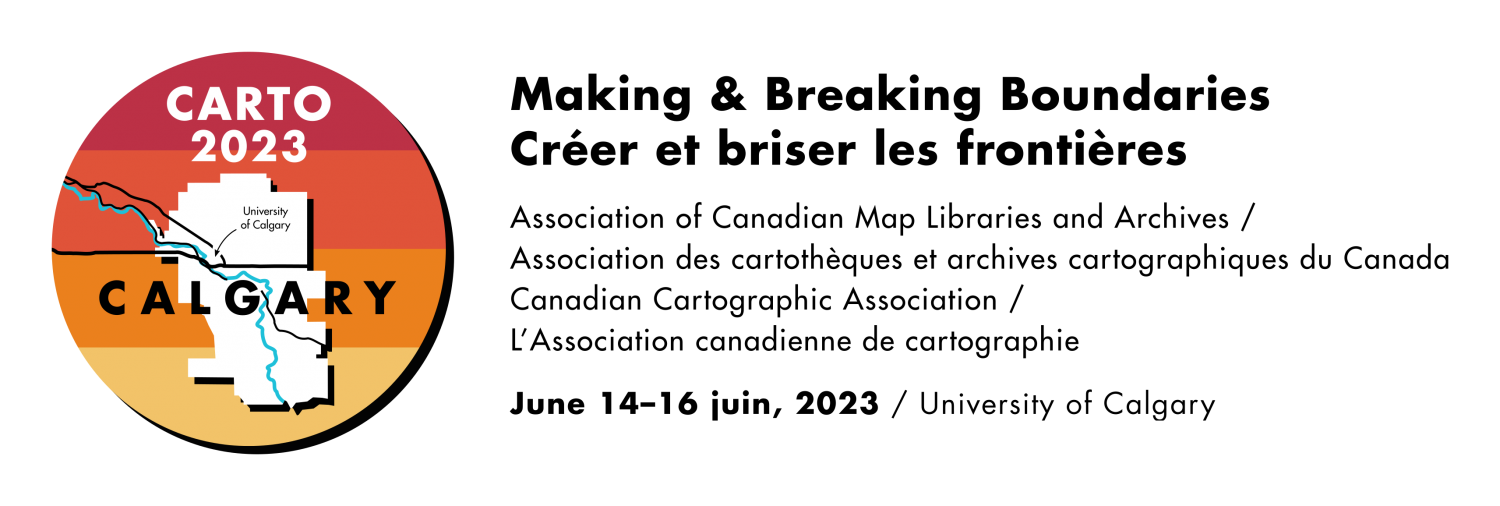
CARTO 2023 Speakers
Alicia Urquidi Díaz is a member of the Data Services team at Scholars Portal. In addition to overseeing metadata creation and maintenance in the Scholars GeoPortal platform, she supports the upcoming GeoPortal Redevelopment Project and the ongoing ODESI Migration and Upgrade Project.
Amber Leahey is a Data & GIS Librarian with Scholars Portal, a digital library project of OCUL. She is also the Service Director for Borealis, Canadian Dataverse Repository, a shared, bilingual, national research data repository.
Andrew Wiebe (he/them) is a PhD student at the University of Toronto researching how archives exist at the intersections of Indigenous Studies, Black Studies, and Queer Studies. His future dissertation will be the examination of Indigenous Queer journey mapping, specifically looking at the ethics of extraction and possibility of proliferating Indigenous life into the future.
Ayomide Fatogun (He/Him) holds a BSc from the University of Winnipeg and is currently an MESC graduate student at the same institution.
Carina Luo is a Geospatial & Data Analyst at the Academic Data Centre, Leddy Library, University of Windsor. She is responsible for developing and delivering geospatial data services and programs to members of the University of Windsor community.
Dr. Christopher D. Storie is an Associate Professor and Chair of the Department of Geography. He has almost 20 years of experience in the field of geospatial data analysis with a specific focus on remote sensing applications to study how our urban environments are organized, how they change over time, and what impacts those changes have on both people and the landscape. His research involves the use of advanced geographic information systems integrated with satellite imaging software to analyze and fuse various geospatial datasets to derive land use/land use cover maps of urban environments. Dr. Storie, alongside Dr. Henry, pioneered an approach to using convolutional neural networks to classify satellite image on a per-pixel basis. His research has been funded by MITAC, Province of Manitoba, NSERC, and through private industry contracts.
Daniel Brendle-Moczuk is the geospatial librarian at UVic. He cheers for the Habs while others, including his daughters, cheer for the Leafs; yes, sad state of affairs. Will Leafs still be playing when this conference takes place?
Francine Berish works as the Geospatial Data Librarian and Geography and Planning Liaison Librarian at Queens University, in Kingston Ontario. She’s been responsible for the GIS, spatial data and map collection at Queen’s since 2014.
Frank Tough is a Professor with the Faculty of Native Studies at the University of Alberta and the Principal Investigator of the Métis Archival Project.
Ian Ladd is the owner and cartographer of EN Creative, a Calgary-based cartography studio. He began his career in map making and design at the age of 10, creating maps and branding material for local businesses in Northern Alberta. He formalized his skills at Concordia University in Montreal with a degree in Environmental Geography and minored in Marketing. Then after a few years working as a designer and cartographer for ski resorts, returned to the business he started in 2004 and is now living out his childhood dream of making maps and going on adventures. “I am simply following my passion for cartography, design, and adventure. This is where I’m happiest, creating things from scratch and utilizing my creativity to it’s fullest potential. I realized at a young age to follow my passion. This is my purpose in life, to design the world to be a better place.”
Jeff Allan, Lead, Data Visualization | School of Cities. University of Toronto. Jeff is a cartographer and urban data scientist based in Toronto. He has a PhD in Geography and currently works as Lead, Data Visualization at the School of Cities. Website: http://jamaps.github.io
Jeff Clark, principal at Clark Geomatics and Spatial Vision Group, is a GIS consultant, geophysicist and accidental cartographer, mostly focused on providing GIS analytic and management services. However, when not meeting client deadlines, Jeff puts on his cartography hat and dives into the map design rabbit hole, sometimes producing an award-winning map or two. Recently, Jeff published “The Essential Geography of the Salish Sea,” awarded “Best Reference Map” in the 2022 Cartography and GIS Map Design Competition. See more at: clarkgeomatics.ca.”
Julia Siemer is an associate professor in Geography at the University of Regina, Saskatchewan. She specializes in digital cartography and geographic information systems (GIS). Before joining the University of Regina, she has held positions as cartographer in publishing houses in Germany and Switzerland. She has taught undergraduate and graduate courses in cartography, GIS, and geography at University of Potsdam, University of Applied Sciences Berlin, Germany and the University of Regina. Her current research interests include cartographic visualization of population distribution, thematic mapping techniques, and analysis and mapping of food accessibility.
Julie Witmer recently celebrated 10 years as an independent mapmaker and the owner of Julie Witmer Custom Map Design. Her clients include municipalities, authors and publishers, tourism marketing and non-profit organizations, and businesses – from all around the world. Julie uses Illustrator and MAPublisher, with some processing done in qGIS and FME, to design her maps.
Jonathan Critchley is a Senior Map Designer at Mapbox whose interests lie in geospatial technology, data visualization, and design. With over a decade of experience, he specializes in creating interactive maps and data visualizations for diverse audiences, including the public, commercial clients, and government decision-makers. Jonathan’s passion lies in improving user access to data, using maps to communicate complex information and enable accessible data exploration.
Kambiz Borna is an experienced spatial data analyst and lecturer specializing in GIS and remote sensing. He is currently working as a Lecturer in the Engineering and Surveying Department at Unitec Kambiz’s research primarily focuses on image classification, object extraction, and spatialization, with a particular interest in developing innovative approaches in these areas. He has published several peer-reviewed journal articles and papers in the fields of image analysis and specialization.
Larry Laliberté is the GIS/Map Librarian at the University of Alberta where much of his work revolves around analyzing and synthesizing spatial information at various scales and time stamps, across many disciplines, and in numerous formats.
Leanne Trimble – Data Librarian, University of Toronto and Principal Investigator for the Census Data Discovery Partnership Project (CDDP)
Liz Sutherland is the GIS Specialist for Western Libraries. Her role at Western is to connect researchers to the data, software and expertise they need to incorporate GIS in their projects. She works on larger-scale research projects such as the Surviving Memory in Postwar El Salvador to support the creation of digital mapping products.
Dr. Lynn Moorman is a Professor in the Department of Earth and Environmental Sciences at Mount Royal University, in Calgary, Canada, where she teaches physical geography, geomorphology, and advanced GIS and remote sensing. Her interests lie at the intersection of geography and learning sciences, particularly applied geospatial and visualization technology, virtual, and augmented reality. Her research includes co-developing an effective Inuit geospatial education curriculum and program for operational sea ice safety mapping program with SmartICE, a social enterprise dedicated to developing Arctic climate change adaptation tools, integrating traditional knowledge of ice with advanced data acquisition and remote monitoring technology.
Marcel Fortin is the Head of the Map and Data Library at the University of Toronto. He’s been responsible for GIS, Spatial data and map collection at the UofT since 1999.
Mahsa Kouchehbaghi Reza is a Graduate Student (Teacher Assistant) at the Department of Geography and Environmental Studies, Carleton University, Ottawa, Canada.
Marikka William is a GIS Professor for the GIS Post Diploma and Environmental Technician programs at Fleming College, Eastern Director for BeSpatial Ontario, and Mapping and Technologies Spatial Data Strategies Chair for Canadian Cartographic Association (CCA). She is a graduate of University of North Texas and GISCI GISP certified since 2008. She has 20+ years of experience providing GIS services to support Municipal Operations, Engineering Consulting, and education. She joined Fleming College, as GIS Professor in 2014, and teaches Spatial Analysis, Geovisualization, Municipal Mapping, Geomatics in Surveying and Remote Sensing. As a BeSpatial Eastern Director, she volunteers to bring GIS education, career development and networking opportunities to students and GIS Professionals. As Mapping Technologies and Spatial Data Chair for the CCA, she seeks to build awareness around mapping technologies to deliver spatial information that supports business practices in both public and private sectors.
Mark Mark’s research interests lie in the application of Geographic Information Systems and Spatial Data Science to address challenges in stormwater infrastructure resilience and environmental modeling.
Martha Sellens is a government records archivist at Library and Archives Canada, and is responsible for federal institutions related to natural resources. In addition to archives she has a background in Classical Archaeology and Tall Ship sailing. A biologist by education, I had the youthful privilege of exploring a number of career paths across much of the Yukon, including wildlife, geoscience, forestry and surveying, before discovering an emerging technology called GIS which enabled me to apply my varied field mapping knowledge and experience in exciting new ways. I am entering my 31st year with the Yukon Department of Environment, where I and the Geomatics Team provide geospatial support and expertise to environmental professionals across a diverse portfolio of departmental operations including water, fish & wildlife, environmental protection, parks, and conservation enforcement. Since 2019 I have managed the department’s Technology, Innovation & Mapping Unit which is responsible for information technology, system development and geomatics services across all operational branches.
Meaghan Kenny is the Geospatial Data Service Specialist at MacOdrum Library. Her work is multifaceted and includes: geoprocessing data, administering the Esri suite of products across campus, assisting students, and designing and delivering instructional sessions. Meaghan takes great delight in guiding students through tricky GIS issues and errors and talking about cool analysis tools! She has an MA in geography and an honours degree in Environmental Studies with a minor in geography…she still can’t navigate her way out of a box.
Nick Field is the Reference Specialist at the Map & Data Library, University of Toronto Libraries, where they provide instruction and research support for GIS, maps, text analysis, and general data wrangling. They are also a doctoral candidate at the Department for the Study of Religion and are enrolled in the Collaborative Specialization in Book History and Print Culture, both also at the University of Toronto. Their current research focuses on the maps of northwestern China produced by the orientalist Sir Aurel Stein in the early twentieth century.
Nicole Slattery is a Master of Information (LIS) Candidate at the University of Toronto. She holds a Bachelor of Science in Environmental Science and Earth Science from Dalhousie University, as well as a Master of Spatial Analysis from TMU.
Noé Nessel works as a teacher, librarian; and volunteer of the Undersecretary of Foreign Policy.
Omid Khazaeian is an accomplished GIS professional with a focus on urban mobility. He holds a PhD in his field and is currently a Senior GIS Spatial Analyst at Auckland Transport, New Zealand. Omid’s expertise in GIS enables him to provide valuable insights into transportation planning and management.
Rebecca Bartlett has been the GIS Librarian at Carleton University since 2012.
Reg Nelson is manager of the Lakehead University Geospatial Data Centre, the ArcGIS Online Administrator, and technician in the Department of Geography and the Environment.
René Duplain has been the Research Librarian (GIS) at the University of Ottawa Library since 2019 and is also currently the Co-President of the Association of Map Libraries and Archives (ACMLA). Prior to being a librarian, he worked as a Data Analyst in this same Library for 5 years, while also completing his Masters of Information Studies (MIS) at uOttawa part-time. With a background in biology, René had previously completed a bachelor’s and a master’s degree in the subject also at uOttawa, where he had first discovered GIS. This led him to complete a one-year, 15-course, Graduate Certificate in GIS at Algonquin College. After working as a GIS consultant at Agriculture Canada and Fisheries and Oceans Canada for a few years, René found his way back to academia at his alma mater. René found his passion in this environment, where he could combine his interest in GIS with his experience as a lifelong student to support future learners and researchers.
Renna Truong has over a decade of experience in the GIS industry and is currently the Data and Geospatial Resources Specialist at Spatial and Numeric Data Services (SANDS) within the Library and Cultural Resources (LCR) at UCalgary.
Rosa Orlandini is a Data Services Librarian at York University, She provides research support for Maps, Geospatial Data, and Social Science Data and Statistics. She is a former executive member of ACMLA and currently serves as the coordinator of the mentorship program. Several years ago she created and published Indian Residential Schools Locations dataset which can be downloaded on Borealis website. Her most recent research centers on how to find, assess, and access published datasets that include ethnicity and race variables which can be used to facilitate anti-racist research in Canada.
Ryan Shirtliffe holds a BSc from the University of Winnipeg, currently an MESC graduate student at the UofW. Ryan has seven years of experience at the Institute or Urban Studies at the UofW having worked as a research associate.
Sandy Hoye is a graduate from the School of Library and Information Science (University of Alberta) and a Research Associate with the Métis Archival Project.
Sean McLachlan is an artist and letterpress printer based in Winnipeg, Canada. His print based art practice focuses on exploring the intersection of traditional printing and modern technologies such as laser cutting and 3d printing. Sean’s Letter Peddler Press, is a portable postcard printing studio which brings printmaking into public spaces. Sean also has a significant series of public artworks which explore the history, mapping, and power of place in the East Exchange District of Winnipeg, Canada.
Dr. Stephanie Pyne completed the Collaborative PhD program in Geography with a Specialization in Political Economy in November 2013 and has a longstanding interest in multidisciplinary research. Dr. Pyne’s PhD thesis, Sound of the Drum, Energy of the Dance: Making the Lake Huron Treaty Atlas the Anishinaabe Way, comments on many aspects of her evolving work in Cybercartography. After completing a SSHRC post-doctoral research fellowship at the University of Manitoba, Dr. Pyne began a post-doctoral research assignment under the related Residential Schools Land Memory Mapping Project (SSHRC Insight Grant, 2015–2020). In addition to other work, she is currently working on a SSHRC-funded project linked to the Residential Schools Land Memory Mapping Project. Dr. Pyne continues to blend teaching with collaborative map creation research that intersects with other disciplines and approaches under the Multimedia Emergent Mapping for Education (MEME) Project.
Wade Zhang is a second-year Master of Science in Geomatics Engineering student at the University of Calgary. Wade completed his undergraduate degree in Geomatics (B.Sc) from the British Columbia Institute of Technology (BCIT) in 2018.
Zack MacDonald is the Map Librarian in Archives and Special Collections for Western Libraries. His research interests focus on the use of historic geographic information systems, 3D modelling, and game engines in the reconstruction and study of historic built and natural environments. His most recent work explores the use of spatial and historical data to power procedural generation tools for historical settlement reconstructions.
Zack Taylor works as an Associate Professor, Political Science, at Western University.
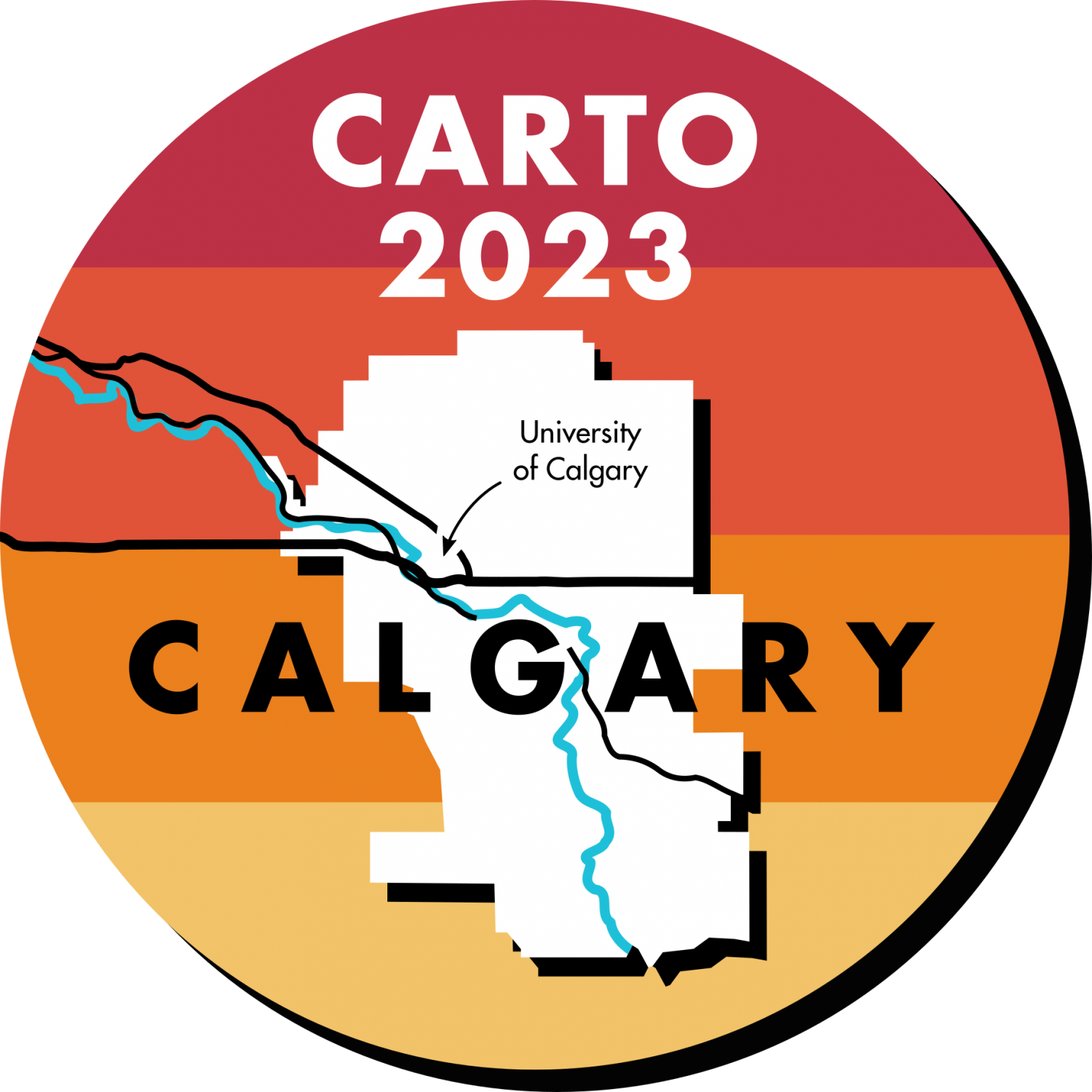
The CARTO 23 Conference is made possible thanks to many volunteers from the Association of Canadian Map Libraries and Archives (ACMLA) and the Canadian Cartographic Association (CCA).
The Association of Canadian Map Libraries and Archives (ACMLA) actively serves as the representative professional group for Canadian map librarians, cartographic archivists and others interested in geographic information in all formats.
Since its inception in 1967, the achievements of the Association have been notable, including a vigorous publishing program, development of professional standards and international cataloguing rules, and efforts to increase national awareness of issues concerning spatial information and recognition of the contribution of map libraries and cartographic archives.
The Canadian Cartographic Association (CCA) is a non-profit association that promotes the disciplines and professions of cartography and Geographic Information Science in Canada. Their broad membership represents academia, all levels of Government and private industry, and includes fellow cartographers from coast to coast, and Internationally.
The CCA host annual meetings, provide networking opportunities, create a variety of publications to promote geography awareness and map making, and help improve the use of cartographic materials through education.
